Tigers, Conservation, and Indigenous Peoples’ Rights
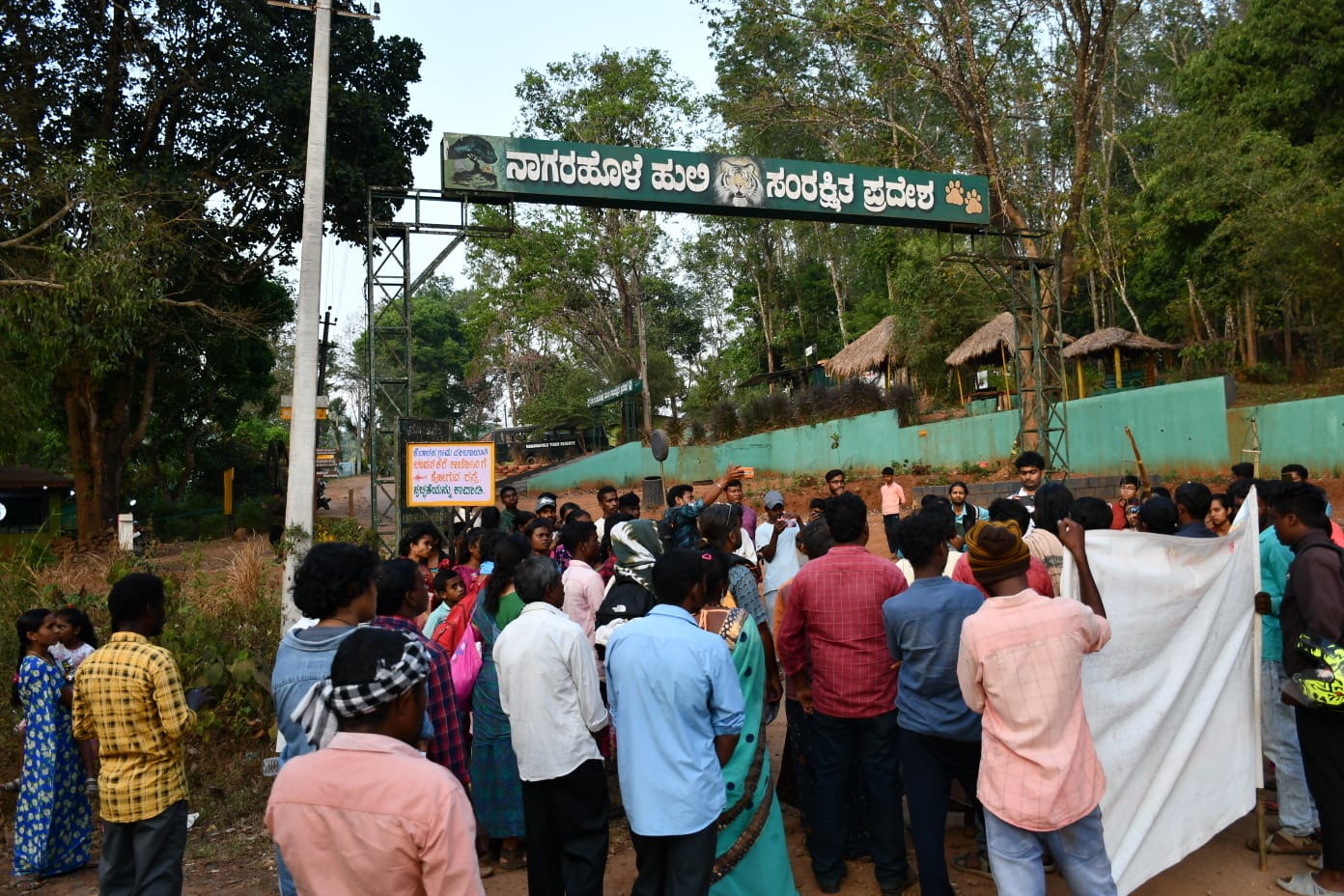
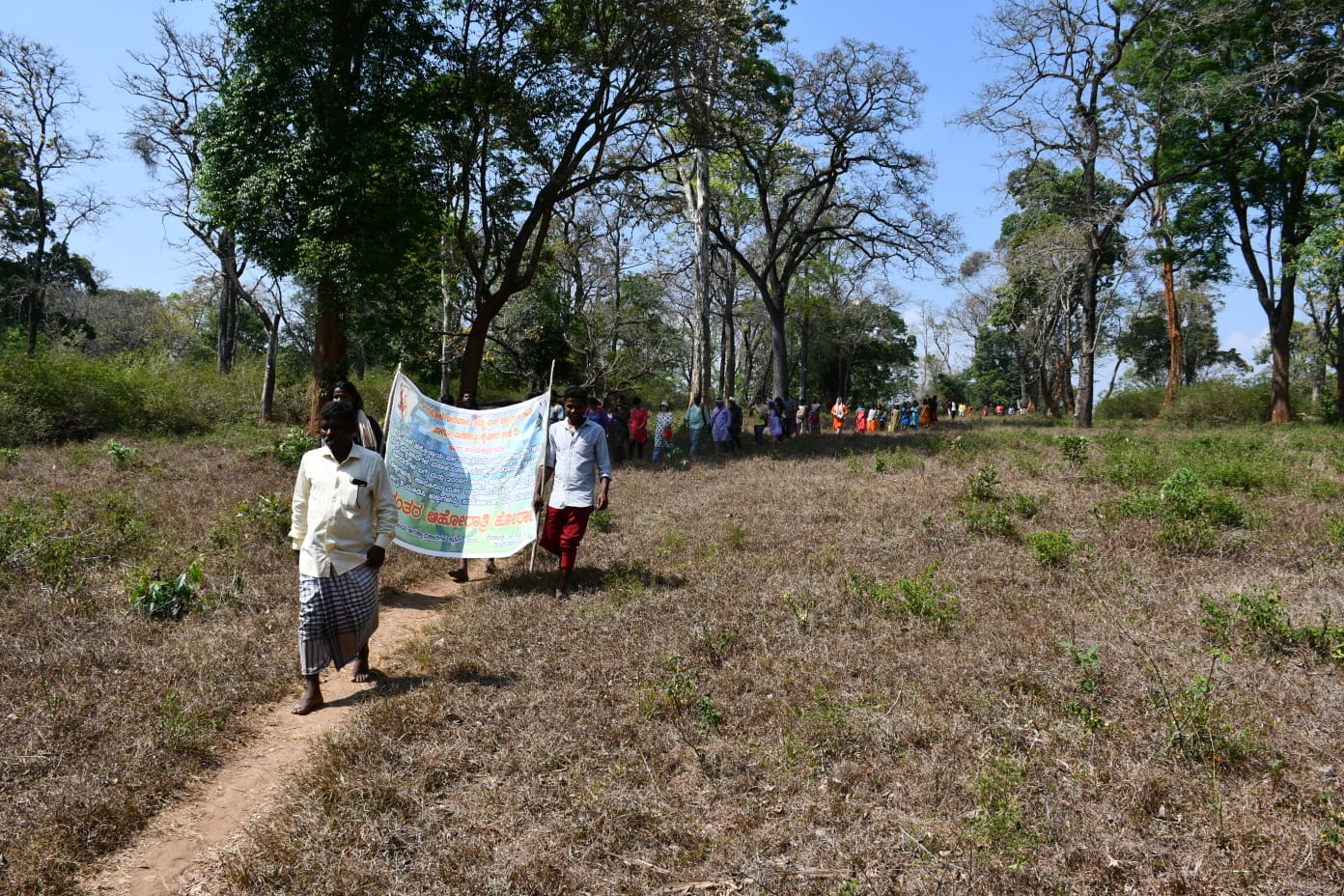
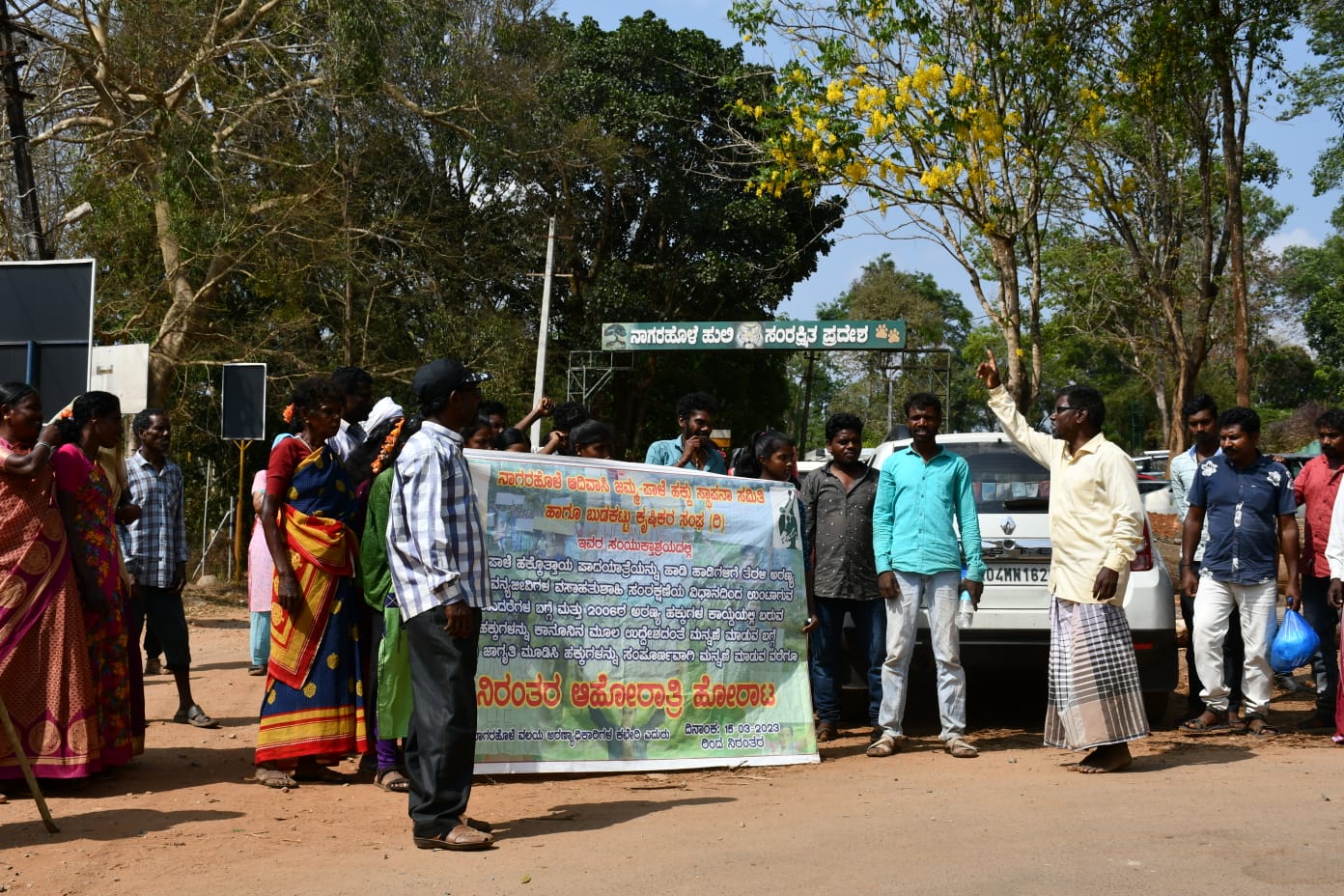
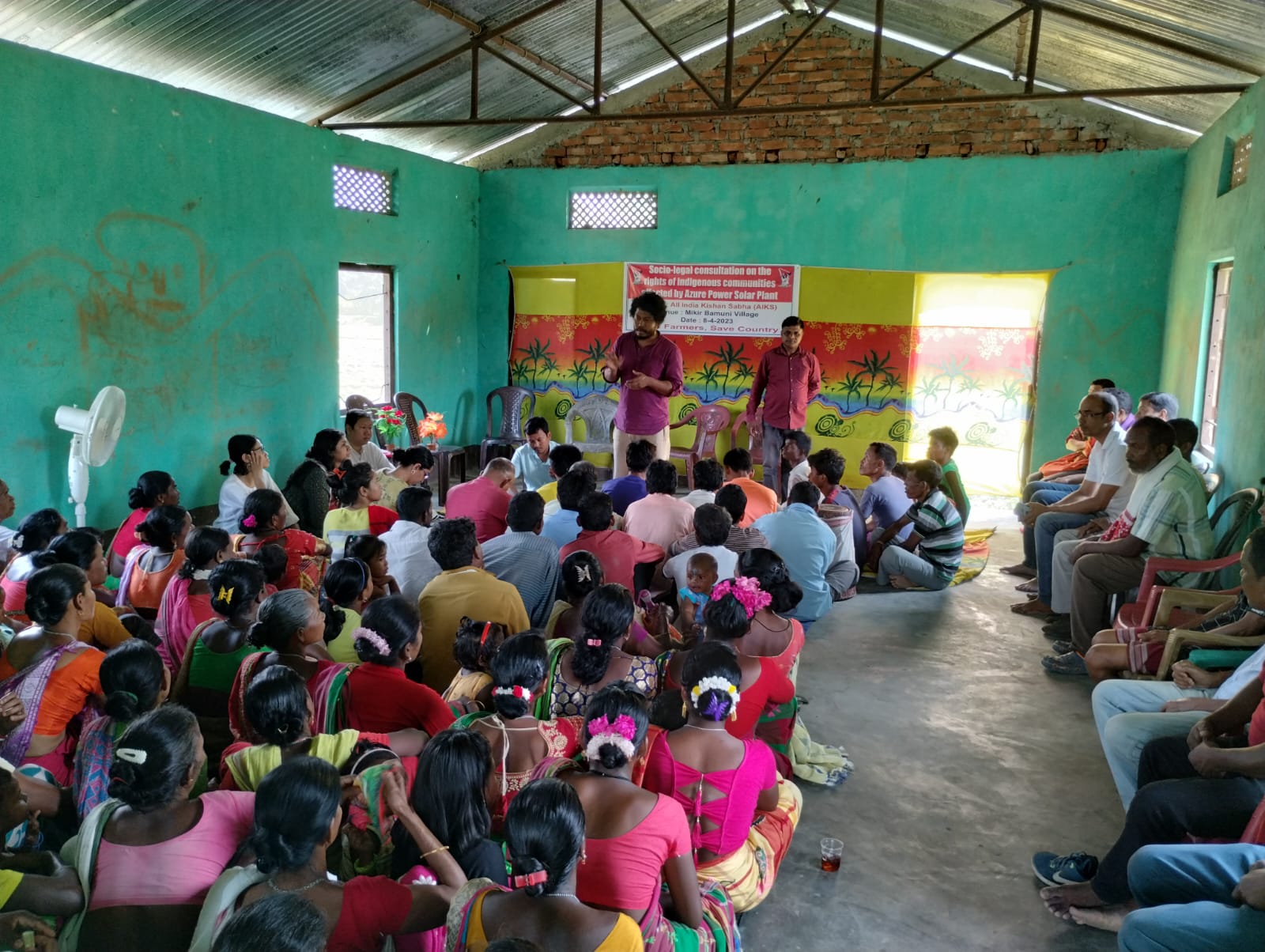
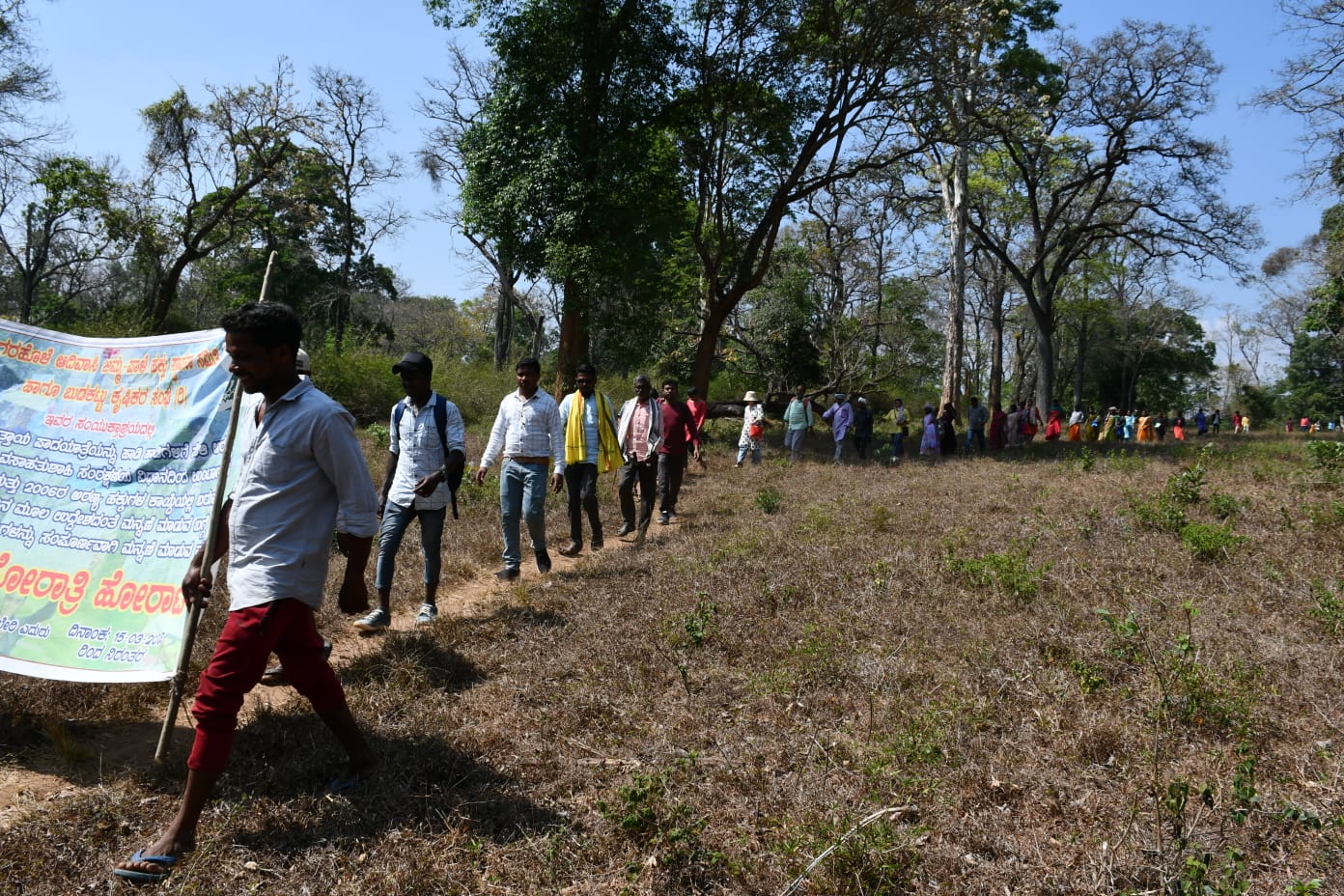
Behind India’s active conservation and revival of the dwindling tiger population, issues and cases of reported anomalies, irregularities, and blatant violation of rights, custodial violence, torture, slapping of false cases on Indigenous Peoples and their forced eviction persist.
Along with the launching of Project Tiger in April 1973 to promote the protection and management of the tigers which initially incorporated nine tiger reserves spanning 18,278 sqm, 41,086 families living inside these tiger reserves in 496 villages were vulnerable to displacement. To this day, Indigenous Peoples and local communities continue to be evicted from their ancestral homelands in the name of conservation.
While there has been significant progress in the conservation of tigers in the country and India is the only country where tiger population is growing compared to other nations, where it has either stagnated or on a decline, about 18, 493 families were relocated and displaced from 215 villages across India. Pranab Doley, an Indigenous Peoples’ Human Rights Defender, is aware of the green washing of Project Tiger. He recently helped organize a mobilization as a reaction to the Indian government’s celebration of 50 years of conservation amid numerous human rights violations against Indigenous Peoples and communities. Because of his active participation in exposing and opposing the project, he has been harassed and vilified by the state.
Doley started working with farmers, workers, and indigenous peoples in Assam in Northeast India after finishing education at the university. He is from the Mising tribal community that numbers around 7 million. He has been working on the issue of land rights particularly of those who have been settled in the Kaziranga National Park, not been given land titles, and instead issued eviction by the government. He was made aware of the issues of human rights violations ensuing from the militarization of the national park to protect the one-horned rhinoceros. One critical issue he took up was the killing of individuals from the peripheral community who were accused and killed as poachers. They forwarded the case to the National Human Rights Commission of India and worked on this case in 2016. The BBC and national media picked up their story, but harassment and intimidation also began.
Aside from displacements, several cases of forced eviction and criminalization have been recorded. There were reported instances where the forest department, along with the wildlife forest conservation agency lobbied and tiger protection forces harassed families and community leaders who were vocal about their community’s displacement. Many tribal leaders were charged with false cases; others have been tortured and murdered to threaten and force the communities to accept relocation conditions. Compensation money for relocation packages is often corrupted by forest officials. Evidence also shows that Indigenous Peoples are used as scapegoats in poaching activities to protect the organized syndicate of poachers with the help of politicians and the forest department.
Doley requested support from the Legal Defense and Sanctuary Fund of Indigenous Peoples’ Rights International (IPRI) when he faced criminalization and intimidation by the state. Doley is facing five criminal cases, two of which have been dropped. He was acquitted in the district and sub-divisional courts, but two new cases were filed against him in the last quarter of 2022. He applied for a new passport in 2021 at the Home Ministry but his passport was withheld until May 2023. The Home Ministry questioned his nationality.
He believes this is the government’s retaliation to his activism and placing second in the local elections where he was an opposition candidate under the Communist Party of India. He contested the Assembly Elections at the State level government where the ruling party was threatened by new and young candidates. He had hoped that taking part in the local elections would provide him immunity from intimidation, but he has been arrested four times since the 2021 elections.
Doley has the full support of his community, and he values the tight relations he has with them. He asserts, “The government only serves its own interest.” He suspects the government to be involved in organized poaching practices. He says, “Harassment through false charges is a classic strategy to restrict marginalized communities and to silence the voices of Indigenous Peoples.” Doley and other critics mostly fear the cases of killings under police custody in the past two years.
He actively raised issues at national and international platforms and has been a victim of criminalization, particularly of the strategic lawsuit against public participation, more popularly known as SLAPP suits, to dissuade him from raising his voice. The SLAPP suits against him included people close to him.
Pranab Doley’s predicament highlights India’s fortress conservation model that conforms to protected areas where ecosystems are free from human interactions. This conservation model is founded on a colonial and discriminatory approach and has been the main reason for the violation of rights of Indigenous Peoples and other local communities living in these areas. They have been targeted and blamed on ecosystem loss and environmental destruction despite their consistent fight to safeguard the forests and biodiversity against corporations and the State. “We, the Indigenous People have made huge sacrifices to protect the environment while commercial and corporate interests inside the forests such as mining are conveniently ignored by the government,” Doley says.
He fervently hopes that the many disguises used such as “wildlife conservation” or “biodiversity conservation” cease destroying lives, livelihoods, culture and ecological systems of Indigenous Peoples living even beyond and around the declared protected areas.

%2020.49.20.png)
